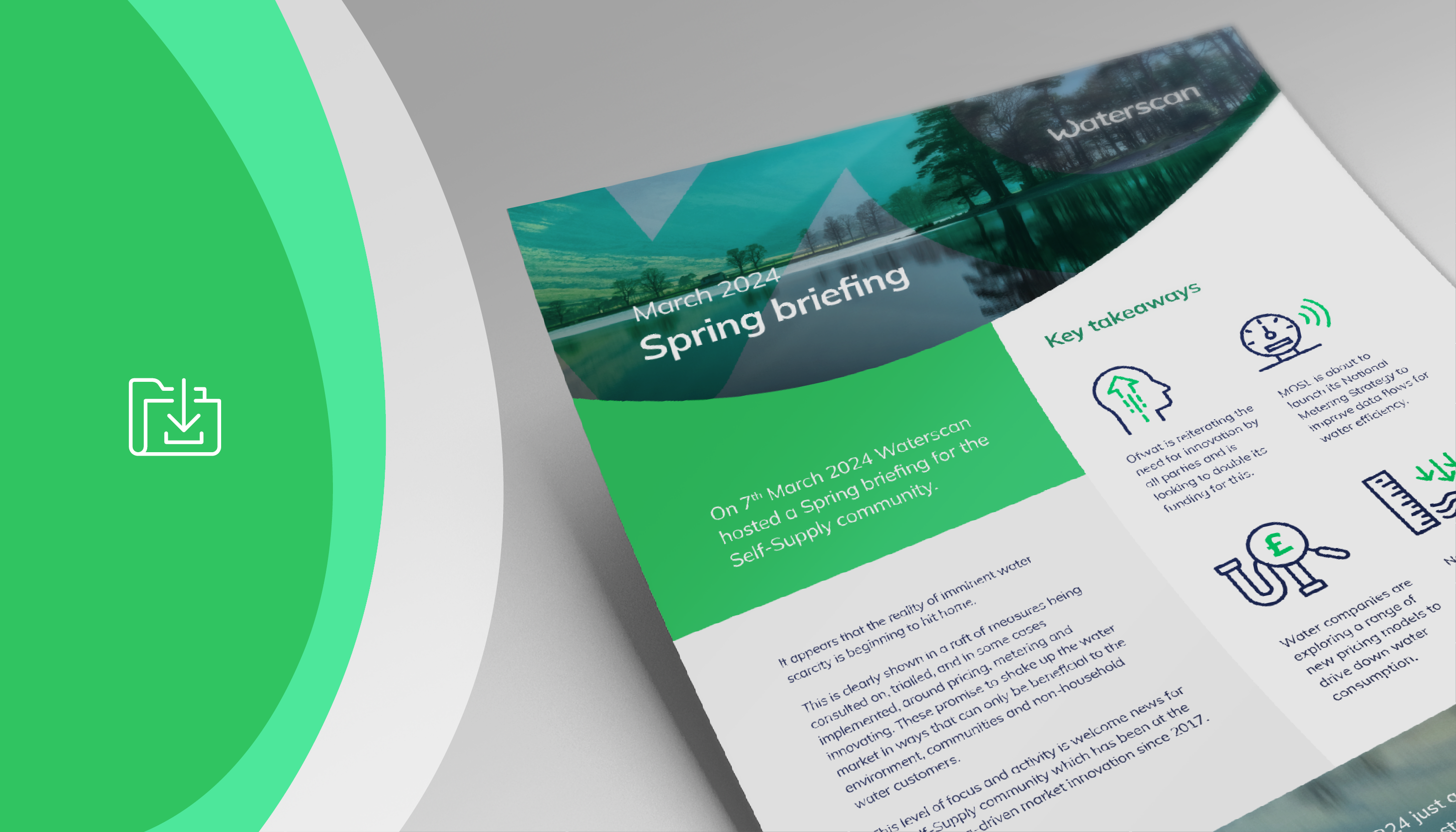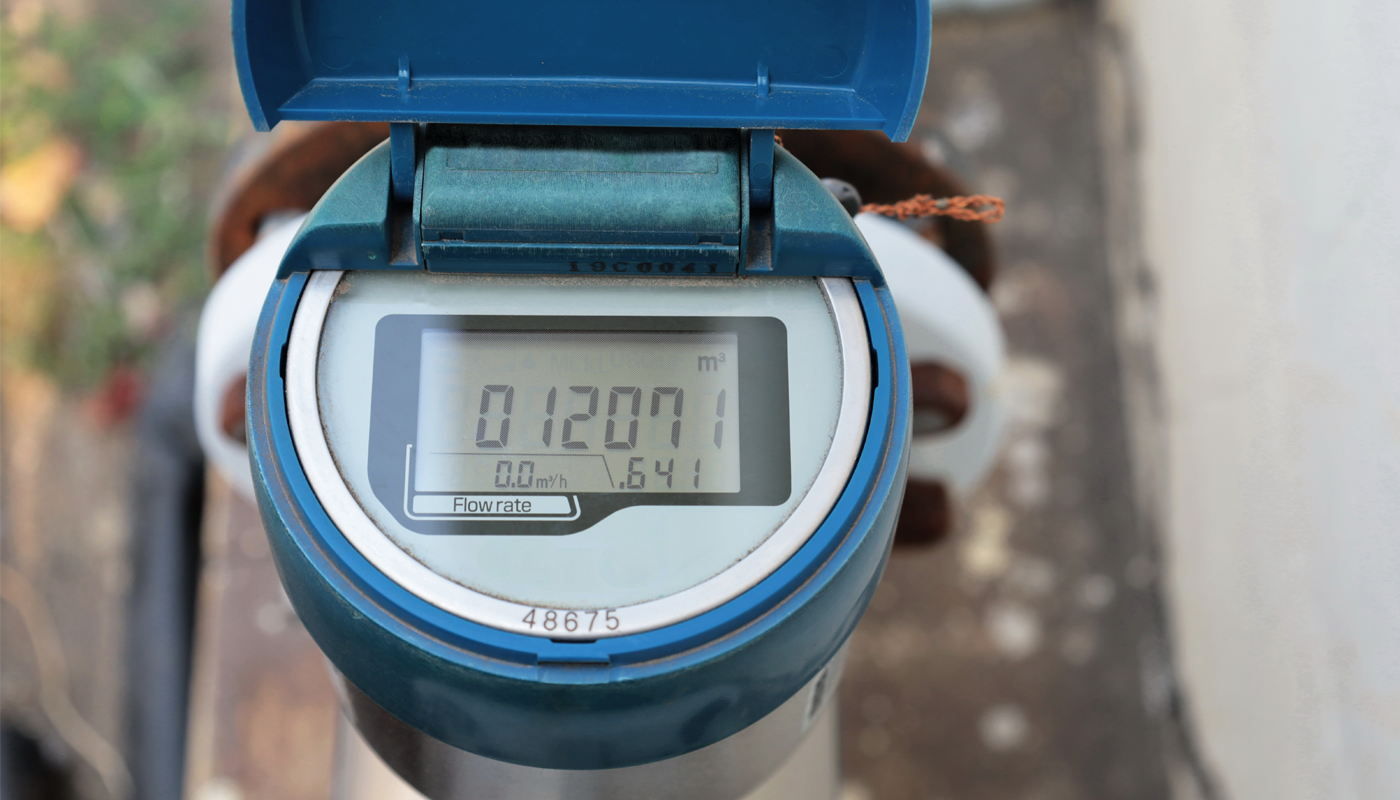Representatives from Ofwat, MOSL and The Water Report joined the Self-Supply community on Thursday 9th March 2023 for a briefing meeting focused on market performance and industry plans for pricing and resource management.
Market Performance
The Self-Supply community continues to demonstrate leadership in the water market, reporting a 12-month rolling average performance score of 98.99%, compared to a market average 92.25%. Providing accurate data to the market underpins this performance: the result of reducing long-unread meters (those that have not been read for 12 months or more) down to 0.93%. This is likely to be the lowest level possible considering legacy issues on newly switched supply points.
Significant progress on resolving issues with wholesalers has been achieved since the industry bilateral hub was introduced. That said, it was also acknowledged that glaring performance gaps and varying levels of responsiveness by wholesalers remain. Over 1000 queries have been raised via this process from across the Self-Supply community to date.
Analysis of this Spring’s inflation-driven cost increases was presented. This work highlighted that although prices will increase for all customers, regional variation will be considerable. Waterscan is modelling these impacts to provide individual customers with the specific insight they need to budget effectively and deploy mitigation strategies.
“The Self-Supply community has reported a very strong performance over the last quarter, continuing the trend from last year across all metrics. Collaboration with wholesalers is starting to deliver further operational efficiencies which bode well for the year ahead. The insight that we have as individual businesses and as a group is helping to map the likely impacts and risks arising from price increases and extreme weather right down to supply point level.”
Neil Pendle, Managing Director at Waterscan
Industry Plans
While Self-Supply licence holders are moving ahead on resilience and efficiency, it’s clear that 2023 will be a year of watching and waiting for details as industry plans are consulted upon, and developed ahead of planned publication in December.
One example is Ofwat’s price review (PR24) methodology, which sets out how the industry regulator intends to drive companies to deliver more for both customers and the environment. Ofwat Director, Shaun Kent, presented detail of its four key ambitions: focus on the long term; deliver greater environmental and social value; reflect a clearer understanding of customers and communities; and drive improvements through efficiency and innovation.
He explained that performance commitments will be introduced to reduce leakage, per capita consumption and business demand, and wholesalers will be incentivised to reduce water taken from the environment. All companies are expected to adopt smart metering as standard, and to collaborate on national data sharing standards and interoperability to benefit fully from this technology. Further, a new water efficiency fund of up to £100m aims to facilitate the development of transformative improvements to water efficiency at regional and national levels.
The Self-Supply community’s views will be welcomed by Ofwat via planned surveys and steering groups to develop these concepts.
“Ofwat is taking a strong line on water efficiency in the market with its PR24 methodology, which is most welcome. This community is looking forward to seeing a strong response from wholesalers.”
Barry Millar, Waterscan Operations Director
Another example of market activity that needs detail is Wholesaler Water Resource Management Plans, 25-year roadmaps which aim to balance supply and demand. Ofwat, MOSL and the Self-Supply community have responded to the consultation on these draft plans. The community’s general view is that current proposals miss the mark on many aspects and tend to default to government targets, demonstrating a lack of ambition or leadership. The Forum would like to see wholesalers leading a cultural shift to care about and act on water efficiency.
Resource Management
The reasons for this stance became evident from the update that was then provided on drought.
Although it has been a wet winter, with 75% of catchments receiving above-average rainfall, wholesalers remain concerned as the forecast is for another hot, dry summer.
Only 2 water companies do not forecast a deficit before 2040, so building resilience to increasingly extreme weather is considered a massive challenge. The Self-Supply community is working hard to address these challenges through knowledge share and data insight. Detailed mapping of where the greatest risks lie will give customers a sound indication of how they will be specifically affected. In addition, Waterscan is shortly launching a drought hub to provide customers with immediate access to the latest information so that they may make informed proactive decisions to mitigate weather-related operational risks.
A full meeting report can be found here.




